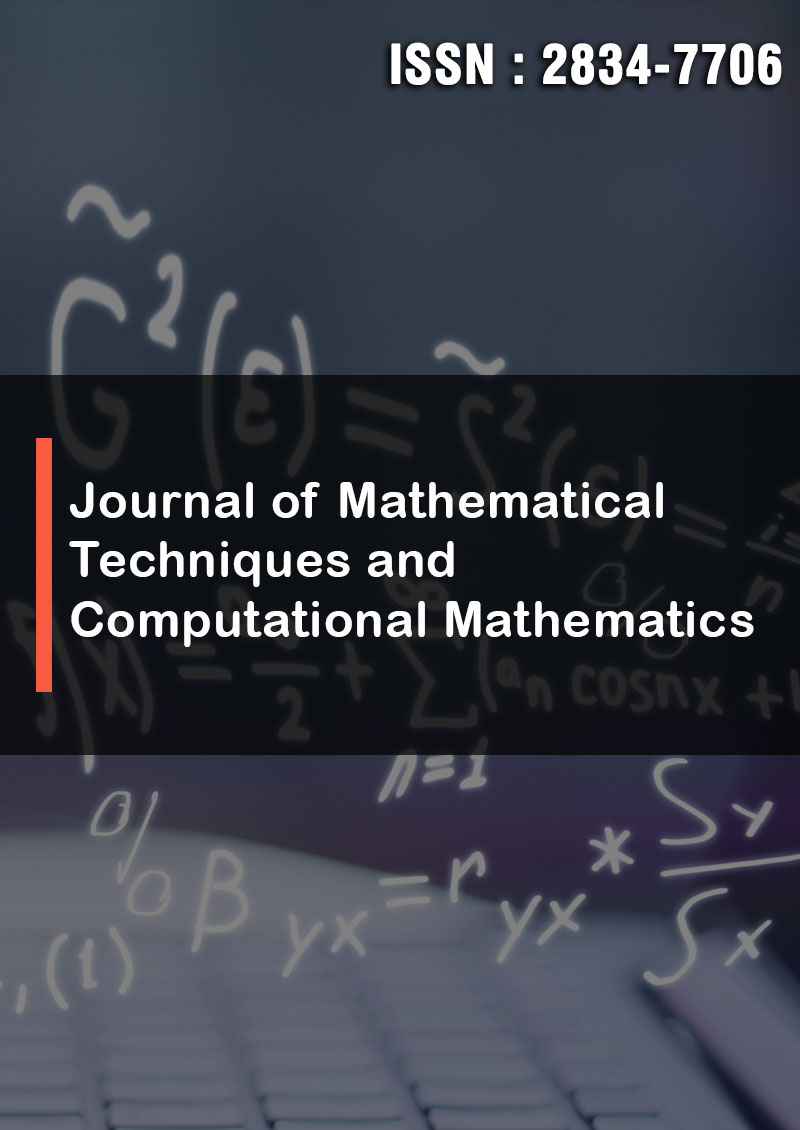Machine Learning-Driven Evaluation of Pramipexole and Aripiprazole as Augmentation Therapies in Treatment-Resistant Depression
Abstract
Rocco de Filippis and Abdullah Al Foysal
Background: Treatment-resistant depression (TRD) presents a significant clinical challenge, often requiring augmentation strategies. Pramipexole and aripiprazole are two such agents used to augment antidepressant therapy. However, their comparative efficacy remains under-researched.
Objective: This case report aims to evaluate the efficacy of pramipexole compared to aripiprazole as augmentation therapy in treatment-resistant depression.
Methods: Two patients with TRD were treated with pramipexole or aripiprazole augmentation. Clinical assessments were conducted using the Hamilton Depression Rating Scale (HDRS), Clinical Global Impression-Severity (CGI-S), and the Beck Depression Inventory (BDI) before and after the treatment.
Results: Pramipexole showed greater efficacy in reducing depressive symptoms and improving overall functioning compared to aripiprazole. HDRS, CGI-S, and BDI scores decreased more significantly in the patient treated with pramipexole.
Conclusion: Pramipexole appears to be a more effective augmentation agent than aripiprazole in the treatment of TRD. These findings suggest pramipexole could be considered a preferred option for managing TRD.



